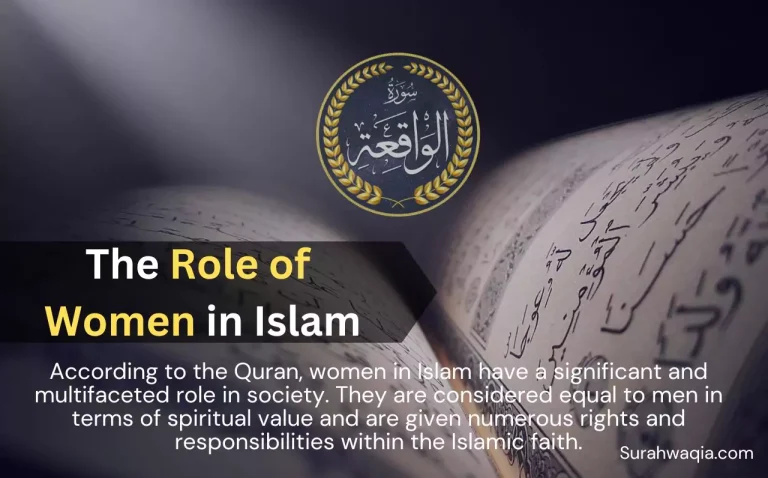Ayat al Kursi in pdf | 10 Benifits | Read Online
Ayat al Kursi is a renowned and noteworthy verse in the Quran, Islam’s holy book. Surah Al-Baqarah (Chapter 2), verse 255, has this strong and insightful verse. Its name, “Ayat al-Kursi,” translates to “The Throne Verse” in English, and it has a special place in the hearts of Muslims all over the world because of its rich spiritual importance and profound theological lessons.
The passage is frequently repeated and pondered because of its profound insights into the characteristics of Allah, the Creator of the cosmos. It is a magnificent portrayal of Allah’s sovereignty, omniscience, and boundless strength. The verse’s lyrical language and rhythmic flow lend it a timeless beauty that resonates with both believers and seekers of truth.
Ayat Al Kursi in Pdf

The elevated aspect of Allah’s throne is described in Ayat al-Kursi, highlighting His superior authority and rule over all creation. also emphasizes His knowledge of the unseen, demonstrating His omniscience, and also alluded to eternal life and existence under His divine leadership. The verse also emphasizes Allah’s ultimate dominion over the affairs of the cosmos by implying that no one or nothing can intercede with Him except with His consent.
Ayat al-Kursi is an important part of many Muslims’ everyday lives because of its profound meaning and the blessings linked with its recitation. It is chanted during daily prayers, before sleeping, and at other times when divine protection and direction are sought. The poem provides consolation, strength, and inspiration, building a close relationship between the believer and their Creator.
Ayat al-Kursi is a timeless reminder of Allah’s unlimited knowledge, mercy, and sovereignty in a world characterized by perpetual change and uncertainty. It’s delicate weaving of theological principles into a concise and impactful phrase continues to captivate hearts and minds, providing peace and guidance to those seeking a deeper understanding of their faith.
10 Ayat Al Kursi Benefits
Muslims venerate Ayat al-Kursi, commonly known as the Throne Verse, for its spiritual and practical benefits. While the fundamental significance of this poem rests in its profound theological lessons, many Muslims think that reciting and reflecting on it offers various blessings and rewards. Here are some of the advantages of Ayat al-Kursi:
- Divine Defense:
Reciting Ayat ul Kursi is thought to elicit Allah’s protection. Muslims recite it before resting and entering their houses to ask for Allah’s protection from both bodily and spiritual harm.
- The Presence of Angels:
Angels are said to surround those who recite Ayat ul Kursi, giving witness to their recital. This is regarded as a method of attracting angelic benefits and presence into one’s life.
- Defying Evil:
Ayat al-Kursi is thought to be a great protection against bad energies and demonic influences. It is said to ward off harmful spirits like jinn and shaytan (devils).
- Getting a Reward:
The Prophet Muhammad (peace be upon him) advocated the recital of Ayat ul Kursi and reminded his followers that whoever recites it after every required prayer will be safeguarded until the next prayer and will get the reward of remembering Allah continuously.
- Spiritual Connection at a Higher Level:
Reciting and reflecting on Ayat ul Kursi strengthens one’s closeness with Allah. It allows us to focus on His traits, cultivating feelings of humility, awe, and reverence.
- Tranquility and inner peace:
Reciting this line promotes inner serenity and tranquility. It acts as a reminder of Allah’s presence and sovereignty over all things, calming fears and concerns.
- Sins Forgiveness:
According to some Islamic traditions, reciting Ayat ul Kursi leads to the forgiveness of small sins. This idea motivates Muslims to connect with the verse on a regular basis as part of their spiritual practice.
- Improved Prayer Focus:
Incorporating Ayat ul Kursi into everyday prayers can aid in the concentration of the mind and heart during devotion. Reciting it before or after prayers improves attention and awareness.
- Resistance to Temptation:
The verse emphasizes seeking refuge in Allah against the ego’s and worldly wants’ temptations. Regular recitation can help strengthen one’s resolve in the face of such temptations.
- Blessings for the Household:
Many Muslims believe that reciting Ayat al-Kursi upon entering their homes provides benefits, tranquility, and a sense of spiritual presence.
While these advantages are deeply rooted in Islamic tradition and belief, the fundamental goal of reciting Ayat al-Kursi should be to seek a closer connection with Allah and to embody the teachings of the Quran in one’s life. The sincerity of intention and comprehension of the ideas behind the words are essential for reaping the spiritual benefits associated with this insightful verse.
FAQs Ayat al-kursi
Also, Read When Talaq is Not Valid in Islam
Conclusion
Ayat al-Kursi is a sparkling pearl of Islamic spirituality. Its lyrical lines express fundamental religious principles, establishing a strong bond between Christians and their Creator. Reciting and thinking on this verse provides spiritual protection as well as a way to inner calm, forgiveness, and increased faith. As Muslims around the world gain strength from its timeless wisdom, Ayat al Kursi remains a light of guidance, reminding us of Allah’s majesty and mercy.






